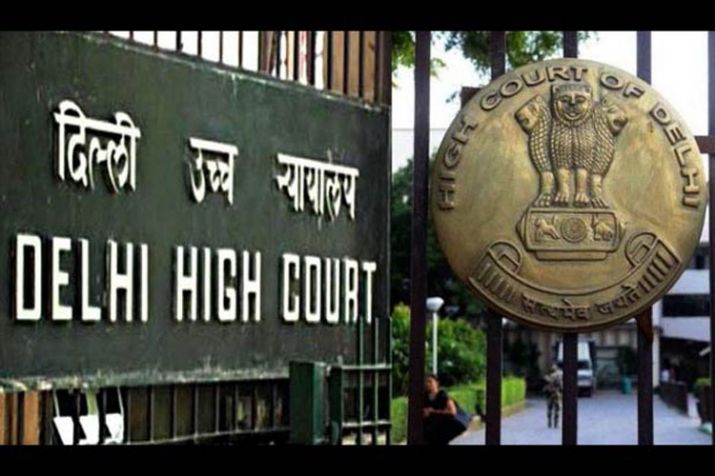Synopsis: Siddharth Behura, Rajiv Agarwal and Sharad Kumar, accused in the case, filed a petition alleging that the appeal brought by the CBI against the 2G verdict of the trial court was filed without the requisite procedure under Section 378(2) CrPC being followed.
The Delhi High Court rejected pleas challenging the legality of the appeal of the Central Bureau of Investigation (CBI) against the 2G verdict of the trial court on the ground of lack of the Central Government’s required sanction/approval.
The challenge is not sustainable because according to Justice Brijesh Sethi, it is beyond the scope of Section 378(2) of the Code of Criminal Procedure (CrPC). Holding that this provision did not concern the steps preceding the presentation of the investigating agency’s appeal, Justice Sethi stated that it was sufficient for the Special Public Prosecutor (SPP) to file an appeal against the CBI.
The Court also held that CBI had no obligation whatsoever to provide a copy of the sanction or approval in order to bring an appeal.

In addition to resolving the issue of lack of punishment, the Court also held that Section 13(1)(d) of the amendment to the Prevention of Corruption Act, 2018, would not come to the rescue of the accused in the present appeal.
The amended Act does not apply to offences which have already occurred. There was no intention of obliterating the previous legislation.
In view of his retirement at the end of this month, the appeals were also released by Justice Brijesh Sethi from his board.
Appeals will now be referred to a different judge.
Siddharth Behura, Rajiv Agarwal and Sharad Kumar, accused in the case, filed a petition alleging that the appeal brought by the CBI against the 2G verdict of the trial court was filed without the requisite procedure under Section 378(2) of CrPC, being followed. It was argued that nothing was placed on record to show that in terms of this provision and the CBI manual, a sanction order was passed by the Central Government.
The accused, who was acquitted by the trial court in 2017, had also argued that in the appeal, the filing counsel was not specifically authorised to file an appeal arising from the verdicts of the 2G spectrum allocation.
Appearing for CBI, Additional Solicitor General Sanjay Jain had argued that the appeal was filed in due compliance with all legal provisions.
Jain had informed the Court that after the Government of India’s opinion that the 2G case was fit for appeal, the appeal was legally filed.
Meanwhile, RK Chandolia and Karim Morani, the acquitted accused, also moved applications stating that the appeals against them had become unsuccessful as a result of the amendment to Section 13 of the Prevention of Corruption Act, 1988.
It was argued that the acts alleged against them were no longer criminal misconduct and that there could be no appeal under the unamended provisions in the absence of a “savings clause”.
In March 2018, the CBI and the ED filed an appeal in the High Court following the acquittal of all the accused by the CBI Court in December 2017.
Since then the case has continued and the High Court has not yet crossed the hurdle of granting leave to appeal.
The Court began listing the appeals on an almost day-to-day basis last year. However because of the disruptions caused by COVID-19, the same thing was discontinued.
In September, following a request by the investigating agencies, Justice Brijesh Sethi again accelerated the appeals hearing.
In order to facilitate a decision on their leave to appeal prior to the retirement of Justice Sethi, who will obtain superannuation at the end of November 2020, CBI and ED sought an urgent virtual hearing on the matter.

